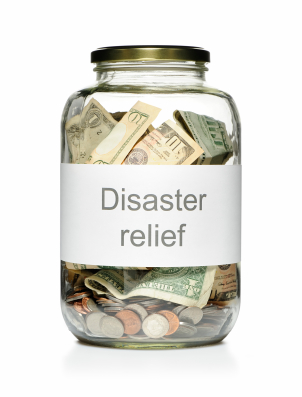
Talking with children about horrific news
First of all, we need to avoid the assumption that kids don’t know about it. The sometimes unfortunate reality of today’s world is that news travels far and wide, fast. We can learn about disasters and tragedies almost as soon as they occur, and live video footage with graphic pictures can be plastered everywhere you look. Even children and youth who manage to avoid seeing the disaster on TV or via the Internet will still interact with others who are avid consumers of the news.
Since children are sometimes afraid not only for themselves and the people they care about, but also for people they don’t know, they might feel less secure or cared for themselves if they see others hurting. When they learn that many people are getting hurt or experiencing pain or loss, they can internalize those fears. In these instances, parents can reassure our children, help them to feel safe, and particularly if they are not at risk, to help them understand this.
So instead of avoiding the issue, we need to be available and “askable.” We do not need to explain more than our children are ready to hear, but should be willing to answer their questions. Without pushing the issue, you can let your child know that it is okay to talk about the events and encourage them to share their feelings about it. Through listening to what they have to say, you can discover if they have misunderstandings, and you can learn more about any support that they might need.
We can share our own feelings, but need to be careful about overwhelming children or expecting them to take responsibility for our feeling. We can tell them that we also feel afraid, angry, or frustrated. If children are upset by these events, it can help them to know that others are also upset or concerned. If you do tell a child about your feelings, also share some ways you deal with these feelings.
Finally, since one important way to reduce stress is to take action—for both adults and children—doing something constructive can alleviate some of the feelings of helplessness children and youth may be wrestling with. Talk with your child or teen not only about your feelings, but try to come up with some constructive ways you might help: collect food or clothing, hold a fundraiser, or donate directly to organizations like the UUA/UUSC Japan Relief Fund.
Children who are aware that their parents are working to make a difference in our world feel safer and more positive about the future. Therefore, taking action in the aftermath of tragedy can be more reassuring than any words we can offer.
Photograph above © 2010 Daniel Loiselle/iStockphoto







